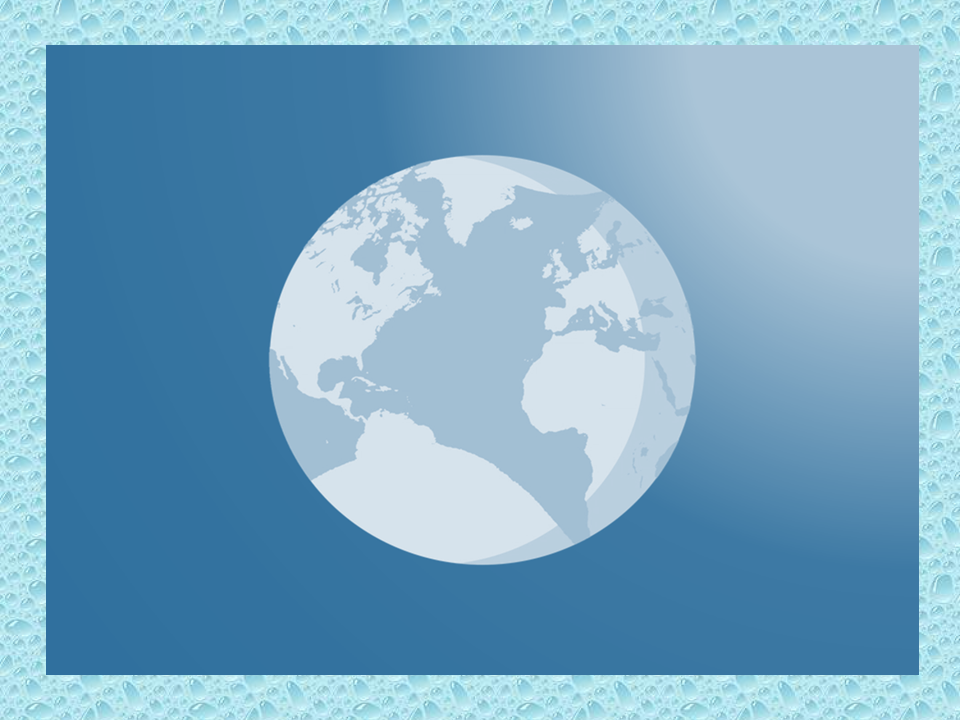Pick Up
1293. Respecting the Earth's Limits While Improving Human Well-Being

1293. Respecting the Earth's Limits While Improving Human Well-Being
Our world faces overlapping environmental, health, security, and social crises. Many countries have crossed biophysical thresholds before they satisfying human well-being, and no country has yet succeeded in meeting the basic needs of its inhabitants while respecting the planet's limits. Despite significant increases in average incomes, half of the world's population still lives below the poverty line of $6.85 a day, and more than 600 million people live in extreme poverty. Contributions to environmental pressures are highly unevenly distributed, inequality within countries is growing, and public assets as a share of wealth are declining. These challenges now require urgent and systemic solutions that address not only environmental but also social dimensions.
The Earth4All initiative was designed to explore solutions to the systemic crises facing the world by investigating how to minimize environmental risks while maximizing well-being for the majority of the world's people throughout the 21st century. Earth for All: A Survival Guide for Humanity, published in 2022 to mark the 50th anniversary of The Limits to Growth (1972), used systems modeling to address the problem of human overshooting of environmental pressures: how can we improve human well-being in the 21st century while respecting the limits of the planet?
The climate has changed significantly over the past 50 years, and changes in Earth system processes are accelerating and becoming more pronounced. There is an increasing likelihood that we will cross serious tipping points in the coming decades. The habitable area of the tropics is expected to shrink significantly during this century, potentially placing billions of people in climatic conditions that are beyond today's habitable limits.
A recent paper published in the journal Global Sustainability explores the possibilities for such a global, long-term future, based on a new highly aggregated quantitative simulation model called "Earth4All-global," and develops scenarios that explore the interplay between various factors, such as future climate change by 2100, rising living costs, and rising inequality that fuels populism and undermines democracy. It then proposes five transformational strategies in energy, food and land systems, inequality, poverty, and gender equality.
1. Transform poverty: Rapidly reduce poverty in all low- and middle-income countries through large-scale investments in private and public sector capacity, debt relief, and higher productivity growth rates.
2. Transform inequality: Strengthen government capacity, especially through higher progressive taxes on owner-occupiers, which will increase income transfers to workers. This would also incorporate a universal basic dividend, partly funded by taxes on the extraction of commons.
3. Empowerment transition: Reflecting expanded opportunities for women and girls, including significant improvements in women's health, education, and pensions, and aiming for gender equality. This is achieved in a model world through lower fertility rates and higher taxes.
4. Food transition: Improve productivity in the food sector through sustainable intensification, more efficient use of fertilizers, reduced food loss and waste, and dietary changes, including reduced red meat consumption. These changes are achieved in a model environment through increased crop productivity, promotion of regenerative agriculture, and reduced red meat consumption.
5. Energy transition: Invest in energy efficiency, increase the share of renewable energy through electrification, and invest in renewable energy generation capacity. This transition also includes carbon capture and storage technologies.
The paper argues that if these solutions are realized, they can support long-term industrial policies and behavioral changes that will help reduce emissions and protect the biosphere, leading to the long-term goal of living on a relatively stable planet, which is expected to improve the well-being of the majority of people and strengthen social cohesion.
(Reference)
The Earth4All scenarios: Human wellbeing on a finite planet towards 2100, Global Sustainability (2025). https://doi.org/10.1017/sus.2025.10013
Contributor: IIYAMA Miyuki, Information Program
